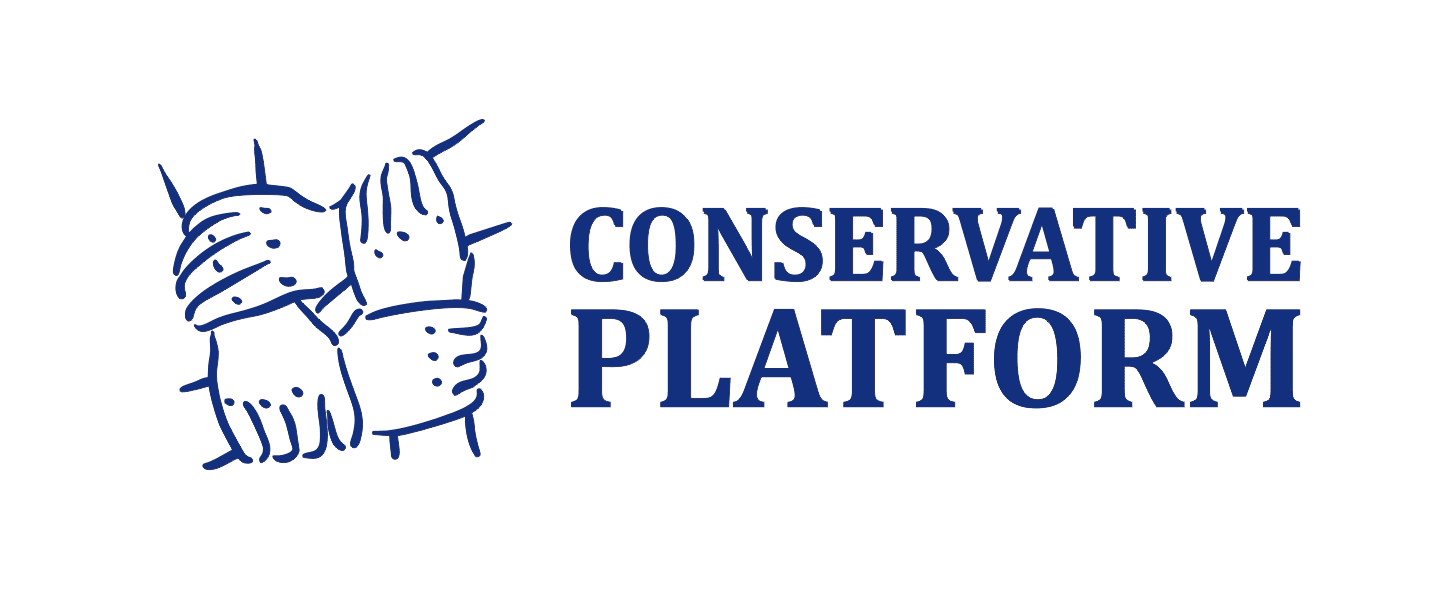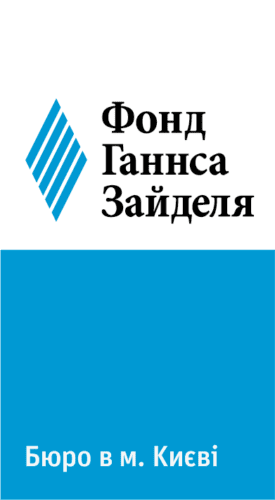There is not a single successful country or society where the common good was achieved without a moral and responsible elite. The sooner Ukrainians realize this, the sooner we will begin to build an effective state.
One of the characteristic features of conservatism and, ultimately, of Christian democracy is the emphasis on the decisive role of the elite in society. But elitism here should not be perceived as the domination of the greedy rich over the working people, as it is often presented in leftist distortions of this rational and sober thought. Take a simple meeting of a class, a student group, a condominium, or a work team, and everywhere and always any activity aimed at the common good will be impossible without an initiative minority, without leadership. On the scale of a community or a state, this will be the political elite, with whom Ukrainians have not always been lucky, but we are not the only ones. But without the leadership role of the elite, which rules under the people’s mandate, neither the state nor the nation can develop.
For Ukrainians, this is a huge problem, because the problem of the quality of the Ukrainian elite is one of the most acute, although its roots lie in the real prevailing values of the Ukrainian people, who have been living by specific life guidelines since the 1990s. If personal enrichment at any cost or violation of the law is a cause for praise and is not condemned by the environment or even society, then it is not surprising that each new wave of elite will be the same as the previous one.
But in our country, there are already centers with fundamentally different values, on the basis of which a new Ukrainian elite can be elected to power. But for this to happen, it is necessary that the voters who will give the government a mandate choose candidates who promise fair rules for everyone, instead of those who gave a ball of buckwheat and brought a KAMAZ truckload of gravel to a village street.
One of the deepest problems of Ukrainian state-building is that a significant part of Ukrainians perceive the elite as a priori something alien and anti-national, believing that the “deep people” will solve all problems themselves. Although this opinion can only be held by those who have never done anything of social importance, this idea has already led to severe social disasters.
In December 1918, the socialist-oriented leaders of the Ukrainian People’s Republic approved the so-called “labor principle,” according to which local power was to be vested in councils of workers, peasants, and labor intellectuals. The bourgeoisie was deprived of voting rights, effectively excluding the elites from the process of state-building. Given the catastrophic level of literacy among peasants, workers, and soldiers of the time, the threat of populism was even greater than the Moscow-Bolshevik invasion.
As a result, the very next month, the Directory lost the capital of Ukraine and was unable to organize the army, defense, overcome atamanism and introduce discipline, etc. And then the Bolsheviks came and introduced repression, famines, and further Russification. 100 years ago, Ukrainians disliked their elites so much that they were forced to grovel before others who were much worse.
For conservatives, the elite is the engine that sets the vector of development due to its education, experience in managing people, and moral qualities based on responsibility to society. Ukrainian historian Roman Lekhniuk notes that the way out of Ukraine’s current situation is not to reject elites as such, but to create conditions under which a qualitatively new elite with social elevators that function not according to paternalistic ties but according to the criterion of efficiency for society can be formed.
Ukrainians should remember that their own state is difficult to gain, but very easy to lose. Especially considering our neighbors. But your own state, even if imperfect, is always better than someone else’s. At least because Ukrainians can always force their government to take into account the opinion of the people.
Author: Valeriy Maydanyuk




